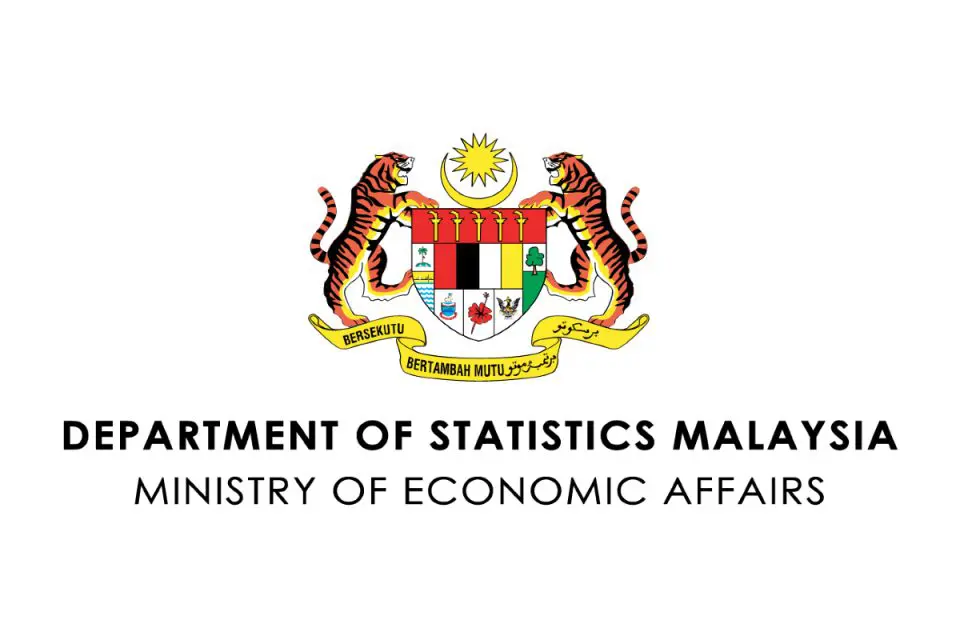KUALA LUMPUR, Feb 11 — Malaysia posted a current account surplus of RM62.1 billion in 2020, the highest in nine years, steered by a favourable performance of the goods account, and narrower deficit in primary income and secondary income, said the Department of Statistics Malaysia (DoSM).
Its chief statistician Datuk Seri Dr Mohd Uzir Mahidin said amid the Covid-19 crisis in 2020, Malaysia had managed to log an encouraging current account surplus which was largely supported by net exports of goods totalling RM139.1 billion.
“Exports of goods recorded RM778.2 billion mainly in electrical and electronics (E&E), rubber and palm oil-based products.
“Imports of goods, meanwhile, amounted to RM639.1 billion primarily in E&E products, and the main destinations for both exports and imports were China, Singapore, and the United States (US),” he said in a statement today.
The department today released the country’s balance of payments statistics for the fourth quarter and annual 2020.
The country’s current account continued a surplus by recording RM19.0 billion for the final quarter of 2020, led by higher net exports of goods and smaller deficit in primary income.
Exports of goods which contributed 91.4 per cent to Malaysia’s total exports amounted to RM217.5 billion compared with RM204.9 billion in the previous quarter, supported by exports of palm oil, rubber, and chemical-based products primarily to China, Singapore and the US.
Meanwhile, services registered a deficit of RM48.0 billion in 2020, the highest deficit ever recorded, due to the repercussion of border closure and travel restrictions in efforts to contain the Covid-19 virus.
Mohd Uzir noted that the tourism-related activities in Malaysia are still grappling to find ways to sustain their businesses since the number of international tourists has nosedived.
As such, travel logged a deficit of RM7.8 billion for the first time in 30 years.
Transport, the second largest contributor in services, recorded a higher deficit of RM27.5 billion compared with RM25.9 billion in 2019.
Nevertheless, during this pandemic, the rising demand for online shopping and businesses have led to the increase in exports of courier services under transport.
Apart from that, he said the new norm of working from home and higher subscriptions of online movies via streaming has increased the imports of telecommunication, computer and information services.
The chief statistician also pointed out that for 2020, foreign direct investment (FDI) showed a net inflow of RM13.9 billion as against RM31.7 billion previously. Despite the decline, the FDI position surged by RM14.4 billion to record RM703.5 billion in 2020.
Meanwhile, direct investment abroad (DIA) recorded a net outflow of RM14.1 billion as compared to RM26.1 billion in the previous year.
As at end-2020, Malaysia’s International Investment Position (IIP) recorded net assets position of RM79.6 billion while the international reserves stood at RM432.2 billion as compared to RM424.0 billion in the preceding year.
“Likewise, as in other countries globally, Malaysia has gone through a challenging scenario in 2020 due to the pandemic. The country is still battling with the high number of Covid-19 cases.
“Nonetheless, the reopening of all business sectors with stricter standard operating procedures is expected to further stimulate the economic recovery in 2021,” he said.
With regards to the Population and Housing Census of Malaysia 2020, Mohd Uzir said following the implementation of the Movement Control Order announced by the government on Jan 11, 2021, the second phase of the Malaysia Population and Housing Census 2020 via face-to-face interview will be rescheduled.
— Bernama





